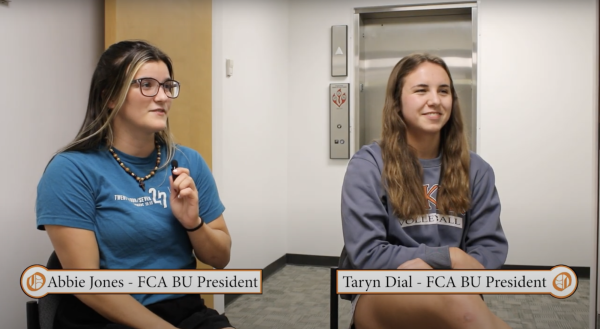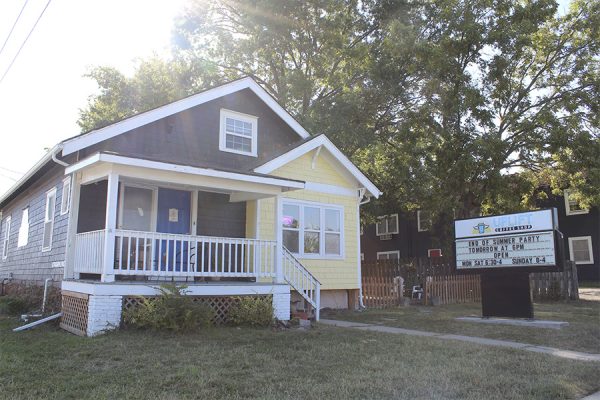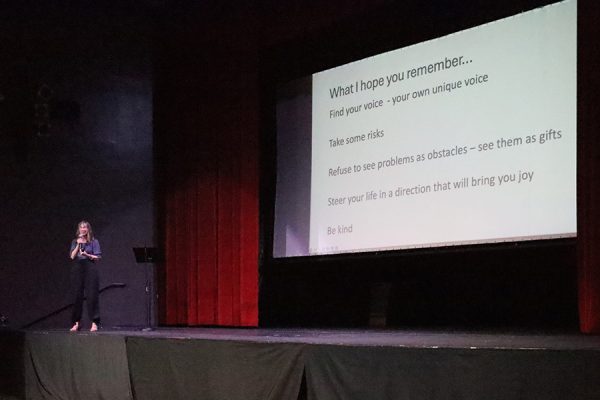Campuswide policy needed
This article was originally published prior to June 2, 2013. Due to a change in the content management systems, the initial publication date in not available.
As a long-timer in institutions like Baker University (my parents both taught at a small University in Ohio, my undergraduate work was at a small college and my graduate degrees are both from Rice University – a very small “big” university), I have had the advantage of watching the give-and-take between academics and athletics for most of my life. It’s a critical and important trait of the liberal arts.
As a Ph.D.- holding associate professor of political science, I’d like to think my dedication to academics is more or less unassailable, but I also have another job I take quite seriously as well: I work under head coach Regan Dodd as an assistant coach for Baker’s excellent tennis program.
Lately, there seems to be an odd aspect to the Baker landscape I find troubling: the notion that these two important features of life might be somehow incompatible – not for me, but for my students.
A number of my faculty colleagues have complained (some with good reason, I’d add) that the number of absences from their classes is increasing (along with problems of students asking for early exams, extra time on assignments, etc.) due to athletic events and practice commitments.
In addition, the buzz among some faculty is athletics – “sports” – are taking critically needed time away from students who had best be spending time at their books.
To give this argument its due, it’s true a near majority of Baker students (49 percent at last count) are dedicated to one or another varsity sport on campus, and this number seems to be rising. It’s also true not all athletes balance their commitments as well as we’d all like them to.
Yet we are mostly in agreement athletics add something critical to the lives of many students, and as an institution we loathe to do away with them – our athletes, generally, are good time managers, they are learning leadership, building lifelong fitness practices, learning teamwork and building good character and other salutary values and skills. How, then, can we work towards compatibility?
In my life, athletics and academics have to “live” side by side, and I suspect my situation is not dissimilar from that of the “near majority” of Baker students: it is not always an easy pairing and not without problems, but I’d much rather work things out than throw either baby out with the proverbial bathwater.
I have a policy to follow, set in discussions with my department chair.
The reality of the current situation is student athletes generally do not have such a policy to follow.
They are at the mercy of 77 plus faculty members, all with different policies as expressed in their individual syllabuses.
The problem is almost none of these individual policies map very easily onto one another: they vary across disciplines, departments and even courses.
My experience with our athletes leads me to believe the vast majority of them learn early to obey the rules – when they can know what they are.
As a faculty, we need to provide the same discipline we demand of our athletes: we need to articulate our precise expectations and follow them across disciplines, departments and courses, so we are all playing by the same rules.
In the current spirit of Baker reinvention that has led us to examine general education requirements, interterm and the possible adoption of an honor code, we need to come to a meeting of the minds and establish a campus-wide policy concerning athletic participation and coursework.






